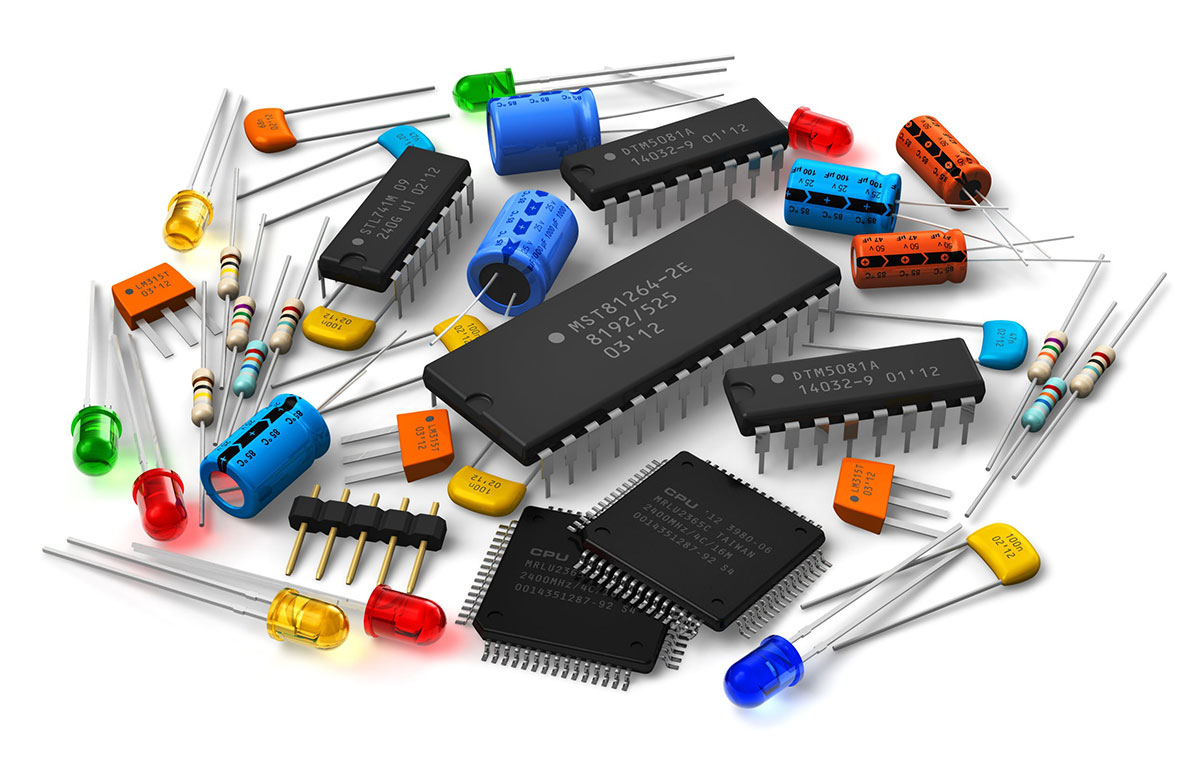Real-Time Clock

2025-07-26 05:02
7
0
본문
 A Timekeeping Device that stores time and date information, which is crucial for various applications, including timers, event tracking, and other timing-based applications. In this article, we will explore the world of clock electronic components company, discussing their types, features, and applications.
A Timekeeping Device that stores time and date information, which is crucial for various applications, including timers, event tracking, and other timing-based applications. In this article, we will explore the world of clock electronic components company, discussing their types, features, and applications.Types of Time Management Systems:
time management chips come in different types, which are primarily categorized based on their communication protocols, power consumption levels, and memory capacity. The most common types include:
- I2C RTC modules: These modules use I2C communication protocols and are widely used in various IoT applications.
- I2C-enabled time management systems: These modules use SPI communication protocols and are suitable for time-sensitive applications.
- I2C-based clock modules: These modules use UART communication protocols and are commonly used in applications that require serial communication.
In addition to the main clock module, there are several components that are involved in the time management system. These components include:
- Timekeeping Crystal: This is a critical component of the clock system, which provides a stable timekeeping signal for accurate timekeeping.
- Backup Power Module: This component provides power to the time management chip during power outages, ensuring that the time and date information is not lost.
- Capacitor: This component is used to reduce system noise.
- Resistors: These components are used to provide biasing for the RTC module.
clock modules come equipped with a range of functions that make them efficient in various applications. Some of the key features include:
- Accuracy: time management chips offer precise timekeeping, typically within 1-2 seconds per day.
- Temperature Compensation: This quality adjusts the timekeeping signal to compensate for temperature fluctuations.
- System Shutdown Detection: This function detects power supply failures and triggers a backup power module.
- Timekeeping Events: This feature generates system events to trigger actions, such as event notifications.
clock modules have a wide range of domains, including:
- Alarm Clocks: RTC modules are used in alarm clocks to provide accurate timekeeping.
- Scheduling: clock modules are used in event tracking systems to schedule events.
- Industrial Automation Systems: clock modules are used in industrial automation systems to provide time synchronization.
- Healthcare Systems: time management chips are used in medical implants to provide time synchronization.

댓글목록0
댓글 포인트 안내